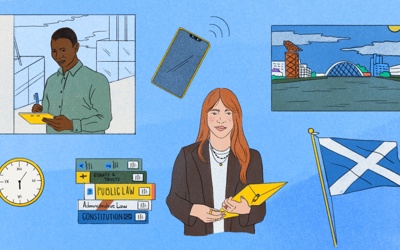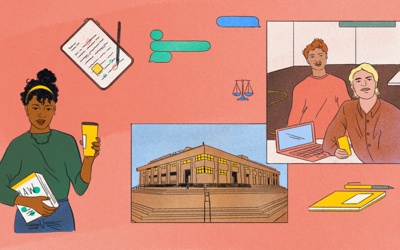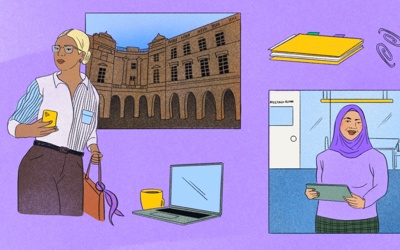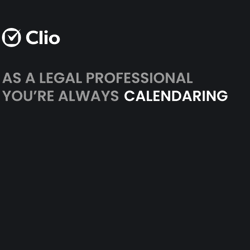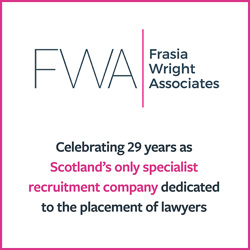'Ripped to shreds' — Inside the movement to open Scottish legal profession to all
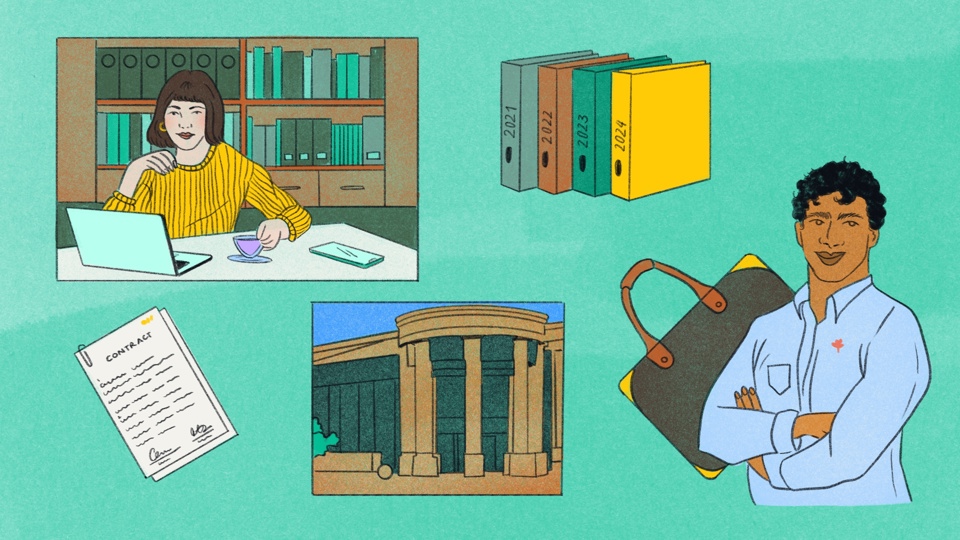
Gordon Cairns meets the people running Scottish initiatives that support students from disadvantaged backgrounds who want to study law
About 40 minutes into my conversation with the University of Glasgow’s Dr Neil Croll and Scott Iguchi-Sherry about widening participation in studying law for disadvantaged young people, Dr Croll tells me about a rib-crushing, “bear-like” embrace given by a headteacher from somewhere in central Scotland.
When the academics had first contacted the head’s local authority about the Reach programme – a new approach to widening access for young people growing up in Scotland’s most deprived postcodes – they had been ‘ripped to shreds’ by the assembled heads of education and headteachers. The authority decision-makers refused to believe there would ever be any point in their pupils applying to study for prestigious degrees such as law and medicine, as the odds were stacked against them. Croll recalls: “About eight years later, one of the headteachers [from the initial meeting] came up to me and gave me this massive bear hug. He said: ‘These programmes have changed the face of the world and opportunities for our pupils.’”
There is other, less-tactile evidence to show that Reach programmes, run by Scotland’s five main universities – Aberdeen, Dundee, Edinburgh, Glasgow and St Andrews – have radically enhanced the prospects of accessing higher-demand professions for not only those living in areas of multiple deprivation, but also people with other barriers to further study, from those with care experience or estranged from their families to unpaid carers and asylum seekers. Since the programme’s inception 15 years ago, the number of students from these categories studying at the School of Law in Glasgow’s Gilmorehill campus has almost trebled: the five-year average from 2007 to 2011 was 12%; last year it was 30%. Glasgow is not alone – the number of law students who followed the Reach programme across Scotland increased from 19 % in 2007 to 2011 to 31% in 2017 to 2021.
I make the mistake of suggesting to Croll and Iguchi-Sherry that entrance requirements have been lowered to make it easier for students from a disadvantaged background. Croll, the university’s head of widening participation and lifelong learning, corrects me: “We talk about an adjusted offer in terms of Highers and Advanced Highers for pupils who have taken part in the Reach programme – we would never say we lower or reduce grades.”
In 2021 to 2022, 635 young people engaged with the programme, ranging from S4 to S6. He explains: “This isn’t just coming into the university to find out what it is like to be a lawyer or study law. They have to do academic work and pass the programme – that is the makeweight of the graded Highers that we adjust.”
He adds: “We are not just going to take someone because they are from a deprived area or care experienced. We will make them an adjusted offer and we will guarantee that offer, but they have to take part in the programme.”
Success breeds success
Evidence suggests that programmes such as Reach not only help the transition into first year, but can significantly impact the quality of degree the student leaves university with. Glasgow initiated another widening participation programme, Top Up, predating Reach, that still runs today. Targeting the same disadvantaged groups, figures collated from two decades of data and using three control groups show that those who complete the programme perform as well as or better than those from more affluent areas in terms of staying on at university and in performance.
Iguchi-Sherry, schools’ programmes team leader, explains what the programmes entail: “We do workshops; we provide advice and guidance on the application process for law and the other subjects; we give them experience of what it is like to study at university, giving them first-year level work with support; and then we support them in the admissions stage.” The prospective students are also pointed towards others of a similar background and with interests to help foster supportive friendships.
Croll adds: “Although this university has a status, we make them see it is attainable.”
Reflecting society
As well as the work helping young people fulfil their potential and access a rewarding career, the work of Croll and Iguchi-Sherry has widening significance to society as a whole. Croll says: “It is important that you have society represented across all of these professions so we have professionals who understand where people are coming from.”
His words are echoed by Fi Das, outreach development officer for the Law Society of Scotland, whose charitable work is carried out by the Lawscot Foundation. Aspiring lawyers across Scotland facing socioeconomic barriers to accessing a legal education are supported by the foundation through financial support, mentoring and professional development opportunities. Das says: “It is important that the legal profession better reflects the people they are working for.
“The students we work with at the Lawscot Foundation, and those from underrepresented groups in general, bring a spread of knowledge, skills and experience that makes the profession more representative of the population. We all want the best talent entering the legal profession and by excluding particular groups we are blocking off access to finding more of that talent. Now that we know what the blockers are, it is imperative we work together to address and remove them.”
Breaking barriers
Established in 2016, the work of the Lawscot Foundation focuses the support available to disadvantaged individuals on careers. The foundation’s scholars are supported financially through an annual grant of £2,750, a mentoring programme and a range of career development events, as well as events organised by Lawscot’s sponsors, such as sessions on ‘Tackling imposter phenomenon’. An in-house photographer is even provided to take professional headshots. Since its inception, 66 students have been supported, with 35 currently receiving funding and another 11 able to access mentoring and events.
Das explains why the work of Lawscot is crucial: “University, and particularly a degree such as law, is expensive – both financially and in [terms of] time. The students we work with often have to juggle several commitments, such as caring responsibilities, part-time work, childcare – all while completing a rigorous degree. And along with the time it takes, there is also the mental load of balancing these things.”
She adds: “As well as the financial barriers, we often find that students from historically underrepresented groups in the profession do not have the same level of connection and networks. It not only means that they are not able to access things like work experience or specific advice and guidance, but also adds to the feeling of otherness. If you cannot see people like yourself working in the profession, it is harder to feel like you belong there.
“This is an important angle of the work we do at the Lawscot Foundation.”
Das adds financial support is important, but it is not everything: “Importantly, students need to feel like they matter – that universities, lecturers and those working in the profession must understand the barriers and be on board when it comes to breaking those down to make access fairer.”



